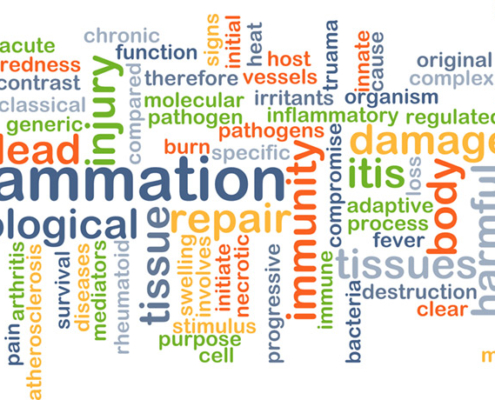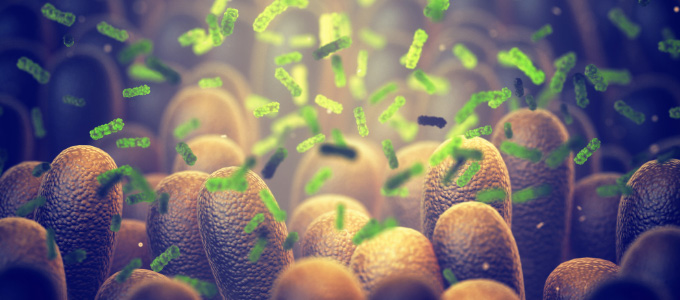WHAT ARE FOOD INTOLERANCES AND SENSITIVITIES?
Food Intolerance occurs when you lack the enzymes needed to break down and absorb certain ingredients. The inability to digest lactose, the sugar in dairy products, is a common food intolerance.
Food Sensitivity is an individual’s adverse physical response to a certain food, beverage, or ingredient.
Both intolerance and sensitivity refer to difficulty in digesting specific foods. Symptoms of food intolerance and sensitivities tend to take longer to appear than symptoms of allergies, usually occurring several to 48 hours after ingesting the offending food or compound and may persist for several hours or days.


